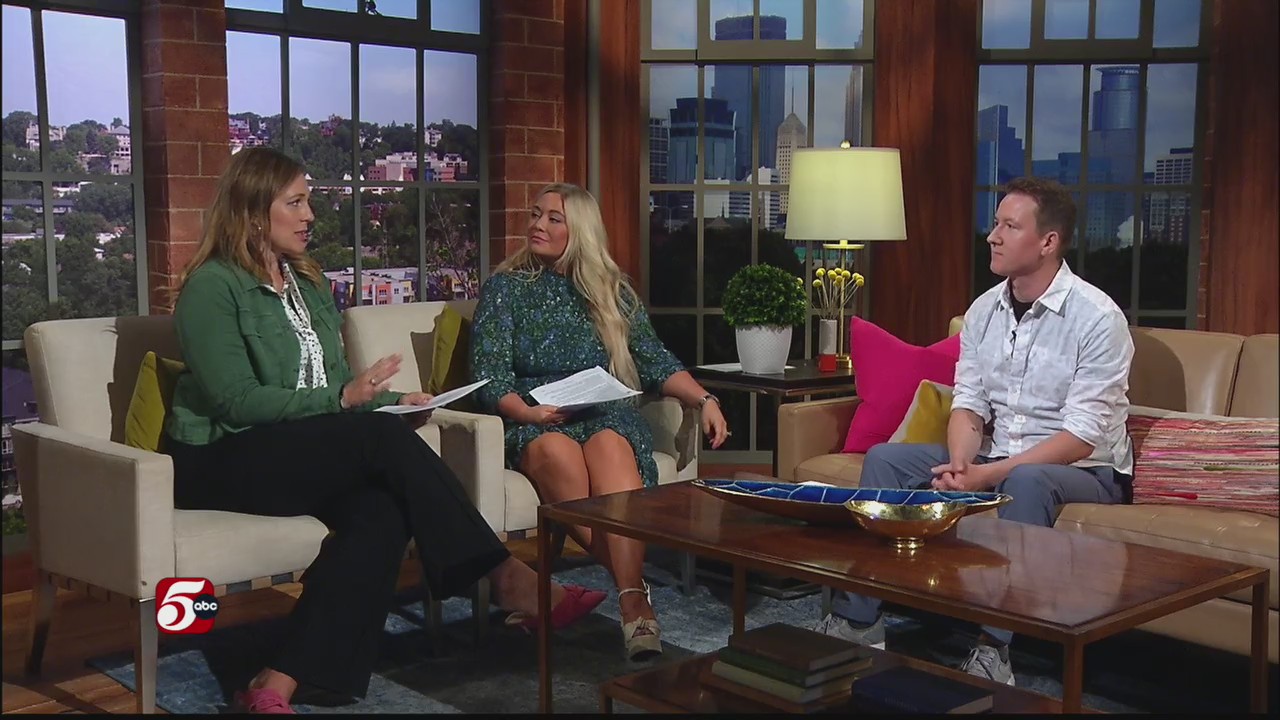Breaking the Cycle of Drinking
[anvplayer video=”5125894″ station=”998128″]
Life Coach and Sober Coach Chris Shatek knows that when you try to cut out drinking in your life, there is a fear of missing out on the fun. He shares how you can break the cycle when trying to stay sober.
- FOMO (Fear of Missing Out) is a big reason people are hesitant to change their relationship with alcohol
- Alcohol is so ingrained in society and it can feel like you’re the “oddball” if you choose not to drink. This is difficult for many because we want to feel like we’re a part of our community and it’s hard to “go against the grain”
- Thoughts that come up for people are: how am I going to go on a vacation without drinking? What about happy hour with my coworkers? If I don’t drink, I will feel like I’m depriving myself and like I’m missing out on “fun”. It seems like everyone can be a “normal” drinker, why can’t I?
- We can redefine what “fun” means. It doesn’t have to mean getting drunk with your friends every Friday and Saturday, day drinking, hanging out at a bar, etc. Fun can be whatever you want it to be. It can be reading a really good book, going for a nightly walk, exercising, grabbing coffee with friends, exploring new restaurants or places you’ve never been to before, or getting back to activities you used to love but haven’t done in a while, etc.
- I’ve been on vacations, work trips, birthday parties with my drinking buddies, the holidays, and many other activities that I used to think there is no way I could do without drinking. Turns out, that not only could they be done without alcohol, but they are more
- What’s key is putting more emphasis on where you’re going with an alcohol-free life than focusing on what you’re giving up. You can fall in love with an alcohol-free life by being grateful for all the extra energy you have, how your skin clears up, how much better you feel, how your health improves, how much money you’ve saved etc.
- I would encourage people to at least give themselves a 30-day break from alcohol and get super curious about alcohol, why they’re drinking the way they are (possibly using it as their go-to coping mechanism) exploring what they’d like to experience in their lives without alcohol, and how they want to feel.
- You may lose some friends but accepting this can be very beneficial. If people in your life can’t be supportive of your wanting to better yourself, we probably don’t want them in our life anyway. This can actually be a gift.
- There will be difficult moments in the beginning but having a plan in place is super crucial. For instance, if you go to a party where there will be alcohol how are you going to handle it? What are you going to say when people offer you a drink? What will you drink while you’re there? What if there aren’t non-alcoholic drinks, will you bring your own? What’s your exit strategy? If you feel triggered to drink, what will you do?
